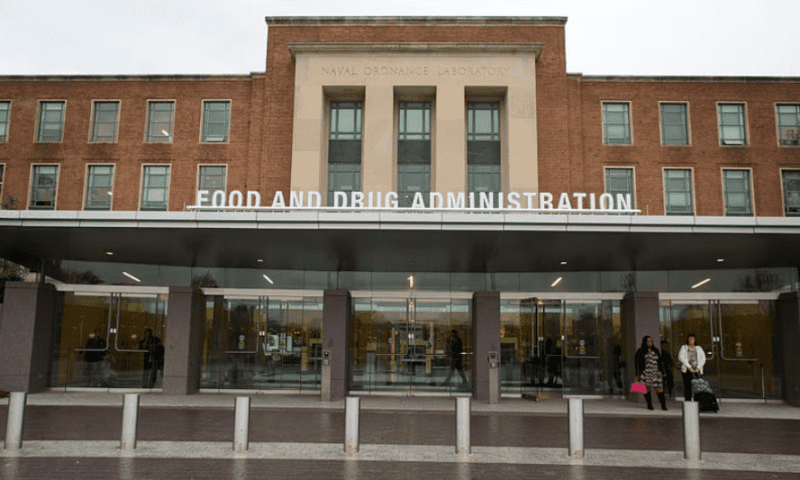Avidity Biosciences’ lead program has hit choppy waters. The FDA has put the phase 1/2 MARINA clinical trial of RNA therapeutic AOC 1001 on partial hold in response to a serious adverse event in one patient.
MARINA and its open-label extension are assessing the safety and tolerability of single and multiple ascending doses of AOC 1001 in adults with myotonic dystrophy type 1 (DM1). The candidate features an siRNA conjugated to an anti-TfR1 antibody, a design intended to mediate mRNA degradation in muscle cells. The single-ascending dose part of the study passed without any serious adverse events.
However, as Avidity has moved from giving a single 1-mg/kg dose to multiple, larger doses, it has seen a serious adverse event. The event occurred among one of the 18 patients who received the 4-mg/kg dose, the middle of the three doses being tested in the multiple ascending dose stage of the study.
Avidity’s statement makes no mention of the nature of the serious adverse event nor the health of the affected participant. The biotech is working with the FDA and the trial investigator, who reported the event as related to the study drug, to assess the cause of the issue. Avidity provided more information on a conference call with investors, although it declined to say whether the event has been resolved.
“We don’t believe that the event is related to either the platform or to the target. Certainly, the lack of platform relatedness is consistent with FDA’s response, which has been a partial hold rather than a full one, and also they haven’t placed our other programs on hold,” Steve Hughes, M.D., chief medical officer at Avidity, said.
“We don’t believe it’s related to DMPK knockdown either. We’ve dosed a number of animals now over several months, up to nine months, where we’ve knocked down DMPK quite considerably, and we haven’t seen anything similar to this in any of our animal studies,” Hughes added.
Having already enrolled close to 40 of the targeted 44 subjects—and with the partial hold allowing it to continue dosing existing subjects—Avidity remains on track to run a preliminary assessment of safety, tolerability and key biomarkers in the fourth quarter despite the pause on enrollment. The assessment will cover around half of the participants in the trial.
The biotech’s statement lacks a timeline for getting the partial hold lifted, with CEO Sarah Boyce only saying the team will work to resolve the situation as soon as possible and that it shares the sense of urgency of the DM1 community.
Shares in Avidity fell 25% to around $14 in premarket trading.

